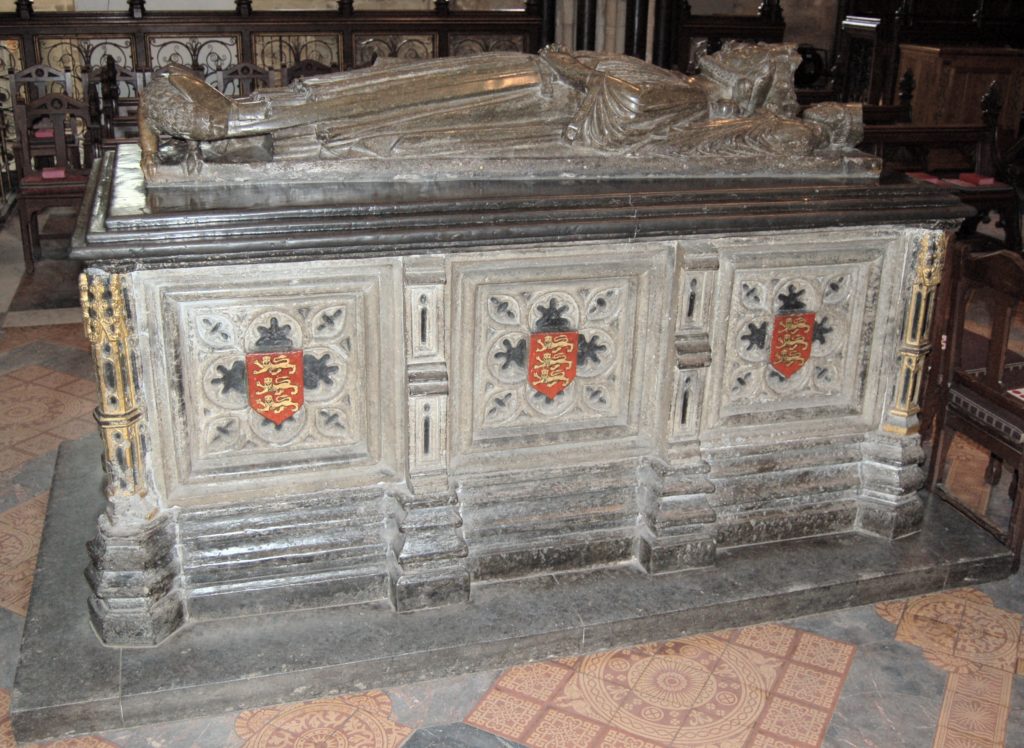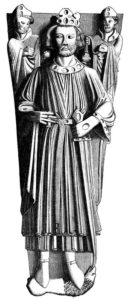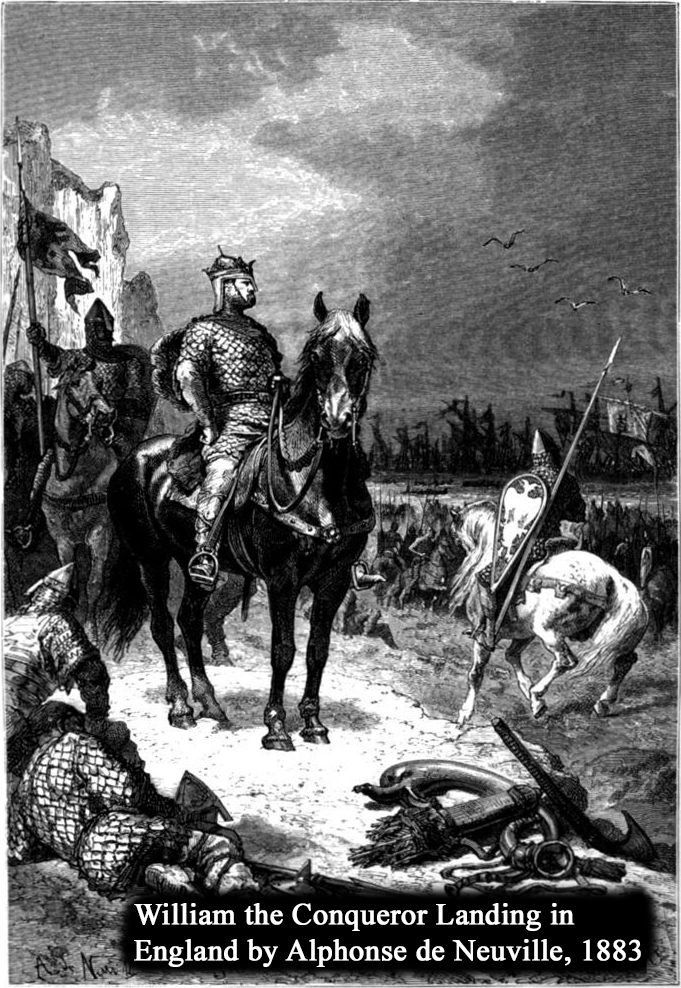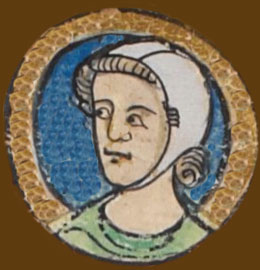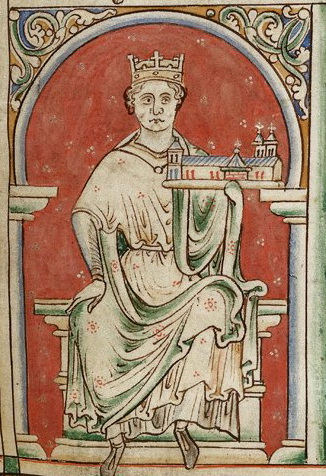The Timeline of Angevin World
All images are in the public domain.

25 December 1066
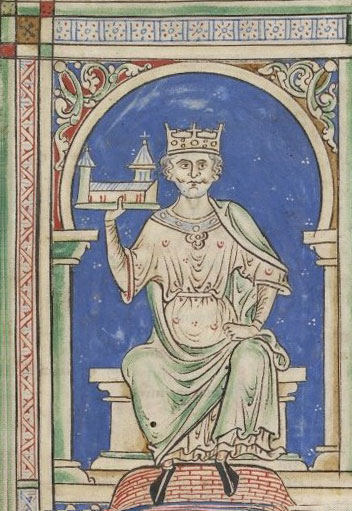
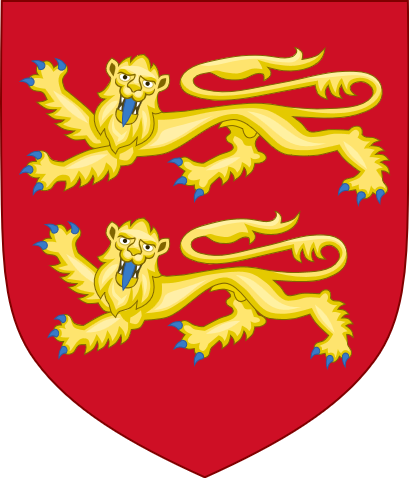
1 August 1086
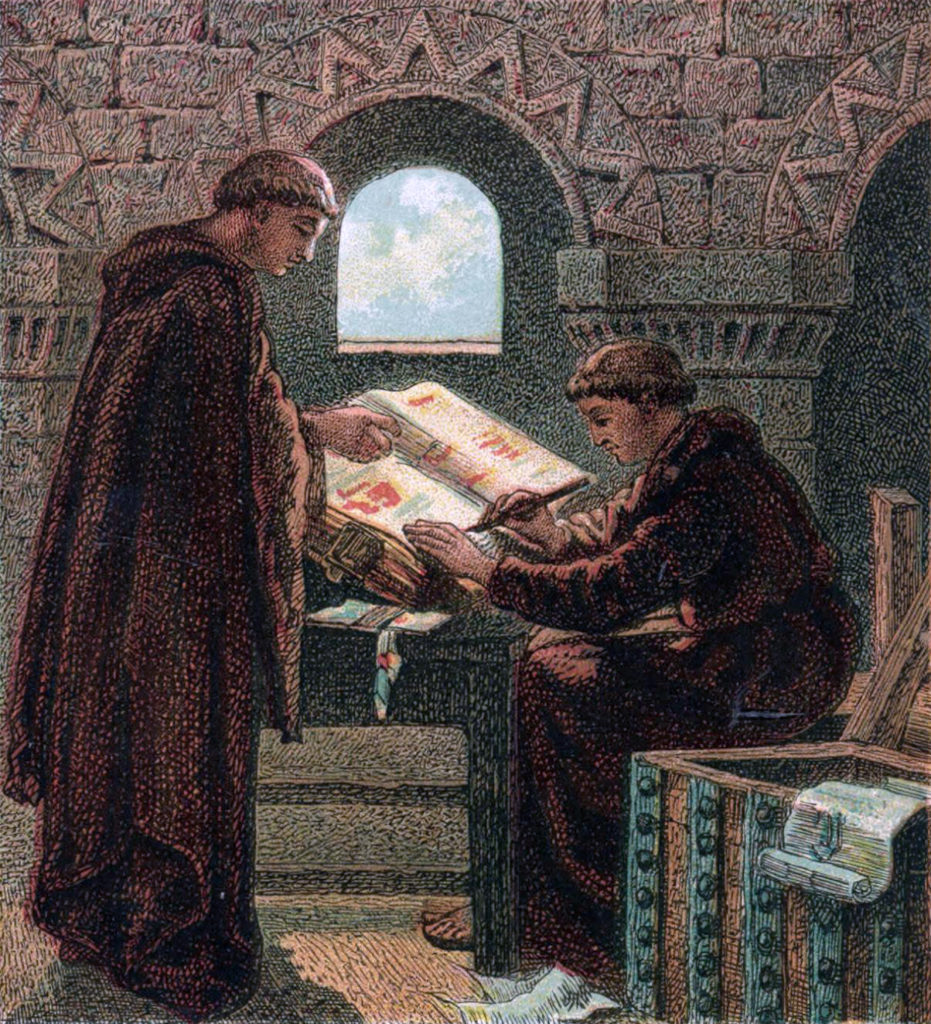
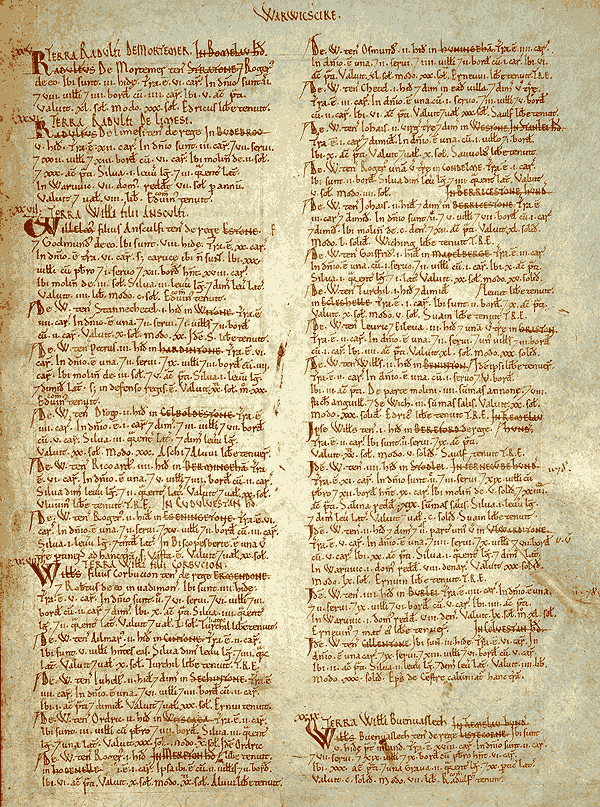
9 September 1087
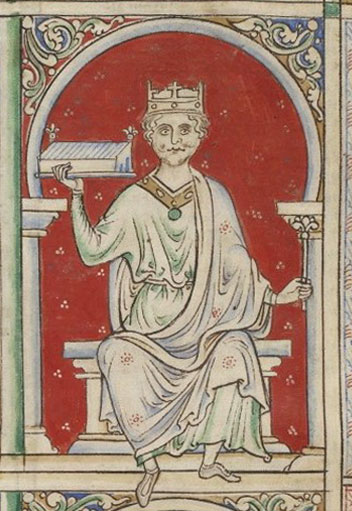
2 August 1100
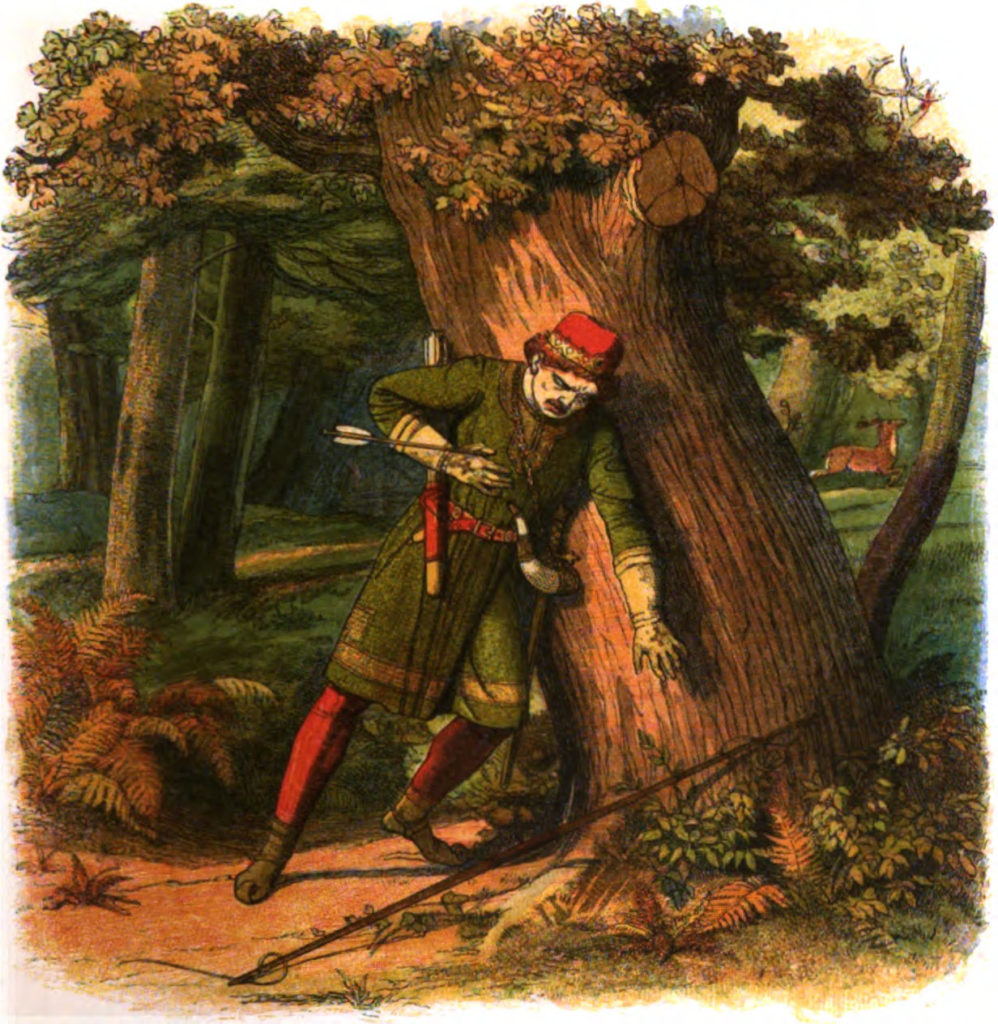
5 August 1100
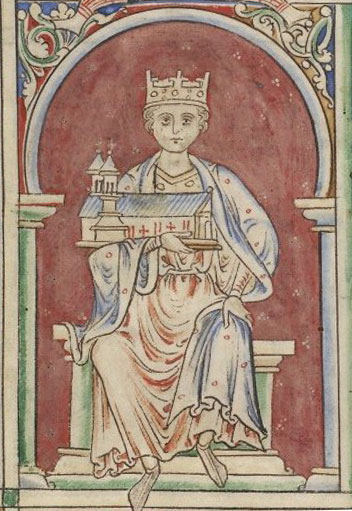
28 September 1106
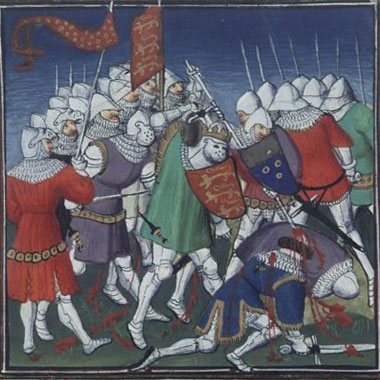
25 November 1120
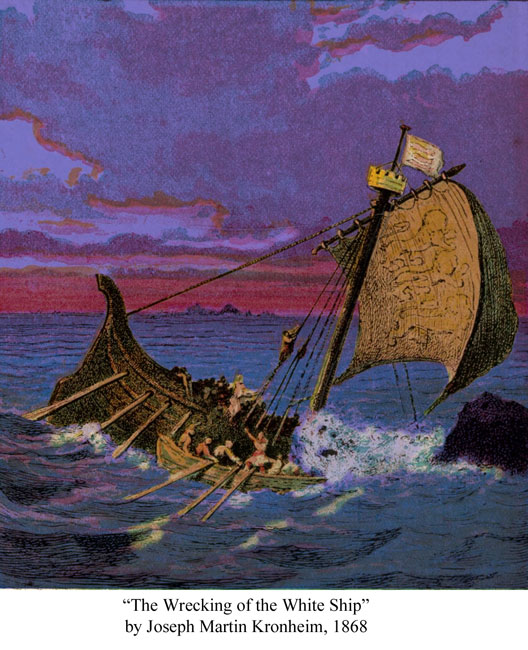
17 June 1128
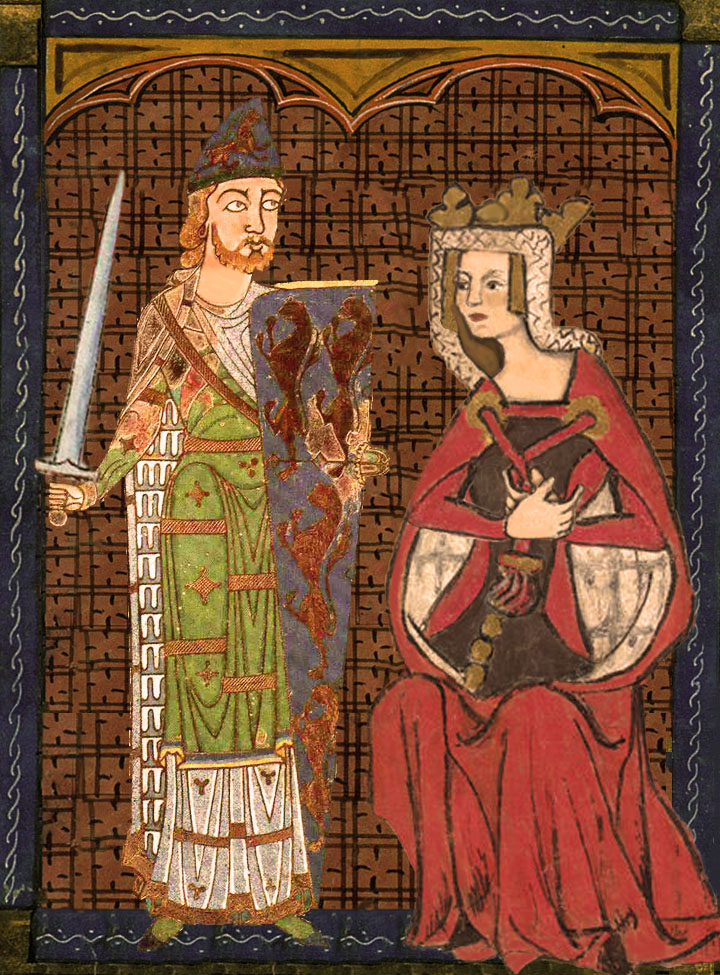
1 December 1135
The death of Henry I. Although he had named his daughter, Empress Matilda, as his heir, a dispute over the succession immediately arose.
22 December 1135
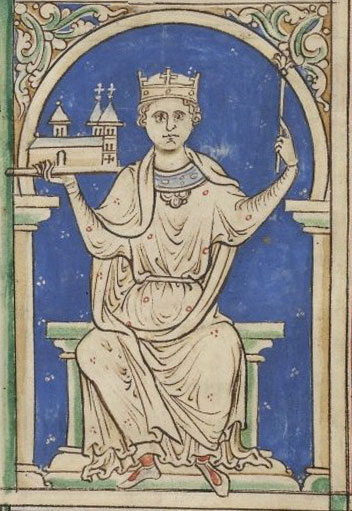
Christmas 1141
This conflict dragged on for many years. At various times, both Stephen and Matilda were teetering on the brink of total defeat, yet managed to recover sufficiently to continue fighting.
A famous incident occurred at Christmas of 1141, when Matilda found herself trapped by Stephen’s forces, which were besieging Oxford Castle. With a group of loyal knights, Matilda escaped from the castle (most likely through the postern gate) and avoided capture.
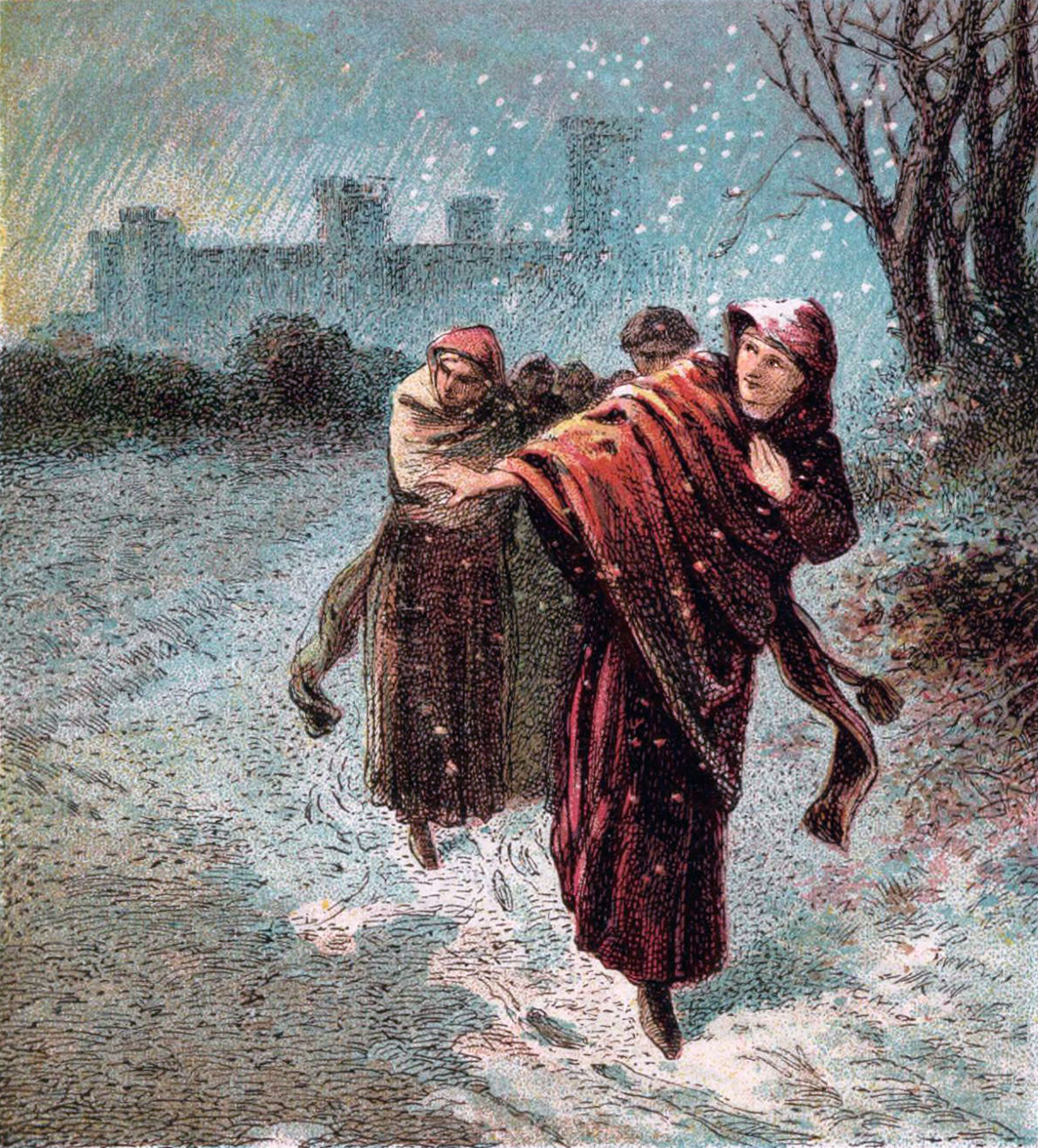
18 May 1152
With the death of his father, Henry is now Count of Anjou, and he is leading the fight to recover the throne from Stephen of Blois.
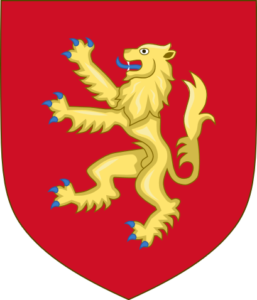
6 November 1153
Sometimes called, “The Treaty of Winchester” (or Wallingford, or Westminster), it is more accurately referred to as a charter or settlement. Stephen agreed to make Henry his heir, Stephen’s only surviving son surrendered his claim to the throne, and Stephen would be allowed to retain the throne until his death.
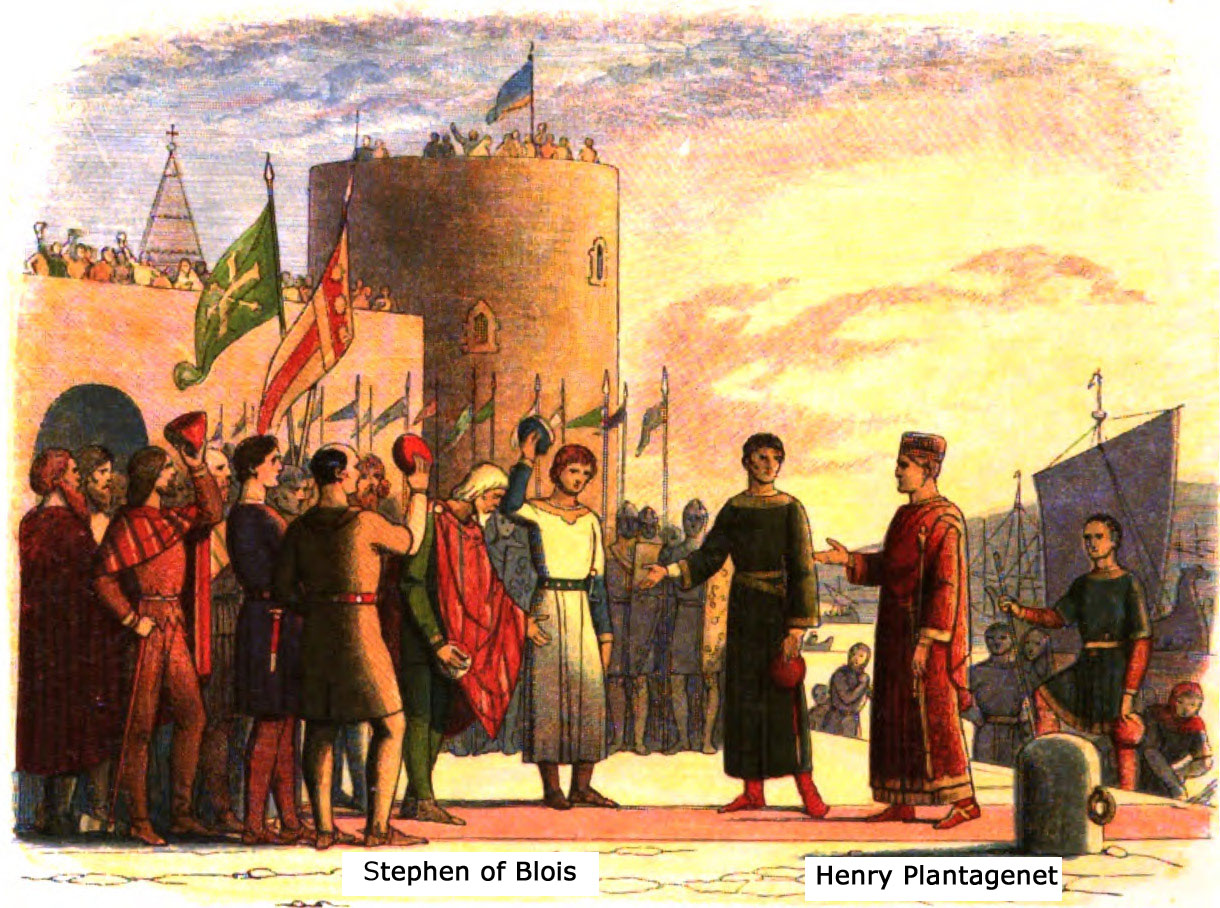
25 October 1154
The death of Stephen of Blois, King of England, in the Dover Priory. He had been suffering from a stomach ailment.
19 December 1154
The son of the Count of Anjou, he rules more land in France than the French king, Louis VII.
The people of Anjou are called Angevins, and Henry II becomes the first Angevin king of England.
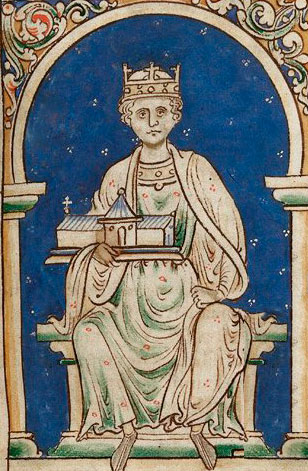
1153 - 1166
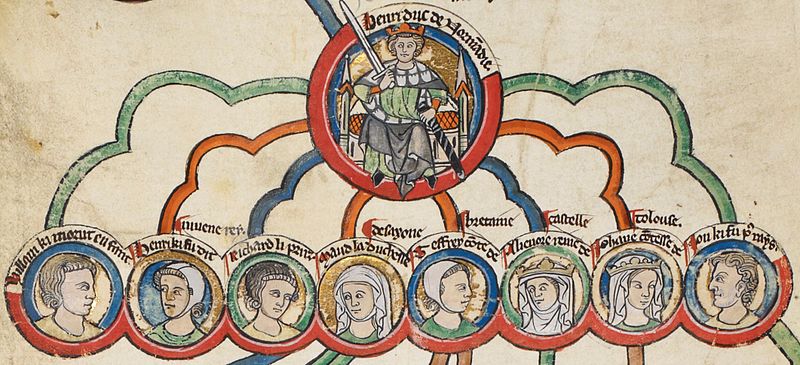
Between August of 1153 and December of 1166, Henry II and Eleanor had eight children. The oldest died in infancy, but the remaining seven survived to adulthood.
William IX, Count of Poitiers (1153-1156)
Henry the Young King (1155-1183)
Matilda, Duchess of Saxony (1156-1189)
Richard I, King of England (1157-1199)
Geoffrey II, Duke of Brittany (1158-1186)
Eleanor, Queen of Castile (1162-1214)
Joan, Queen of Sicily (1165-1199)
John, King of England (1166-1216)
14 June 1170
Henry the Young King was frustrated by his father’s refusal to grant him any power.
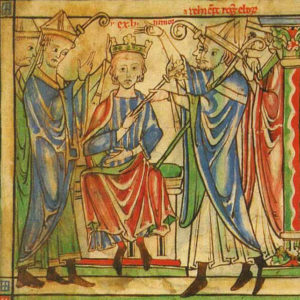
29 December 1170
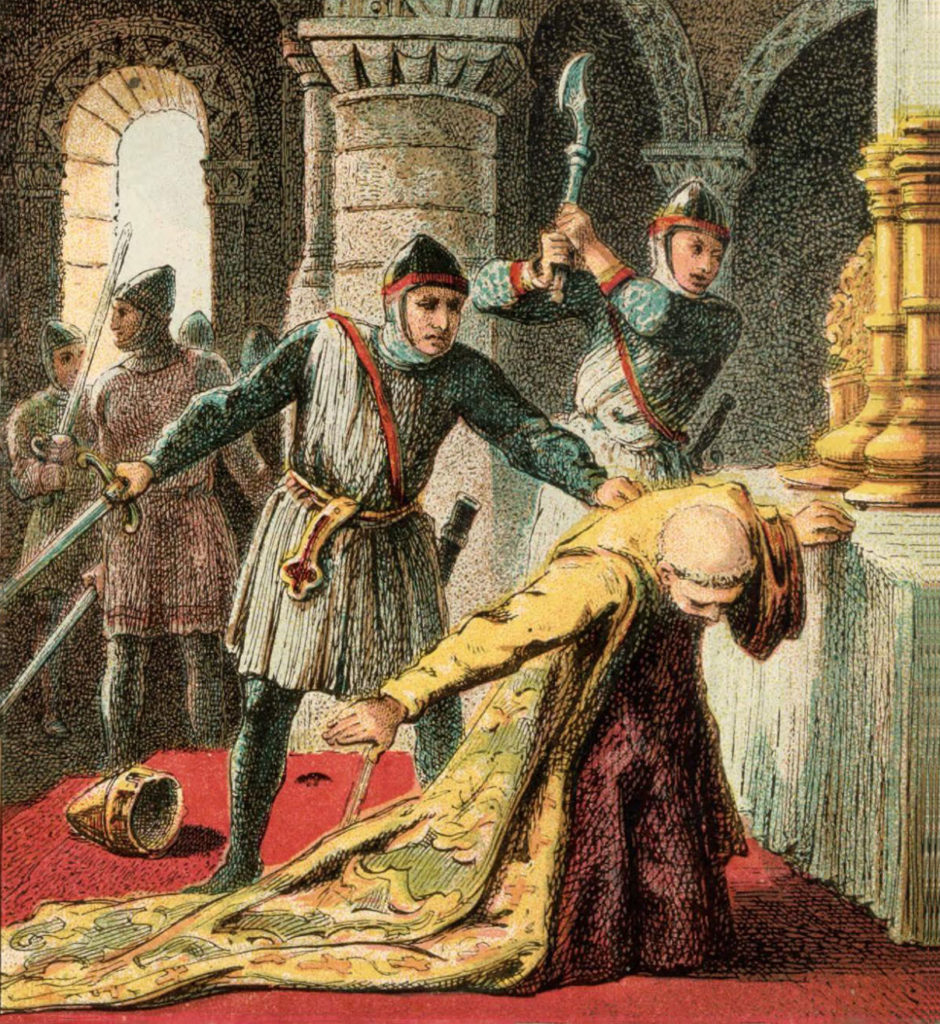
The Great Revolt of 1173 - 1174
The uprising was defeated after eighteen months.
As a consequence, Queen Eleanor was imprisoned for the next sixteen years, until Henry’s death.
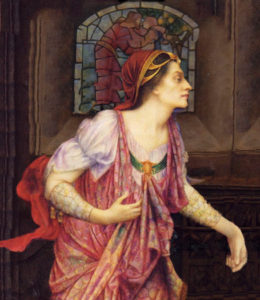
1 November 1179
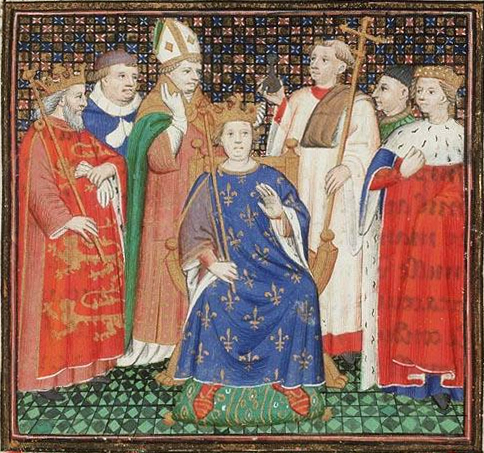
19 August 1186
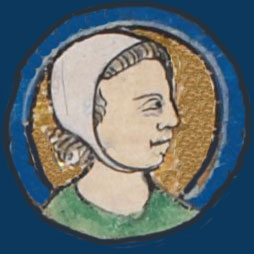
4 July 1187
These Christian defeats prompted the Third Crusade, which was led by Richard the Lionheart and Philippe II of France in 1189.
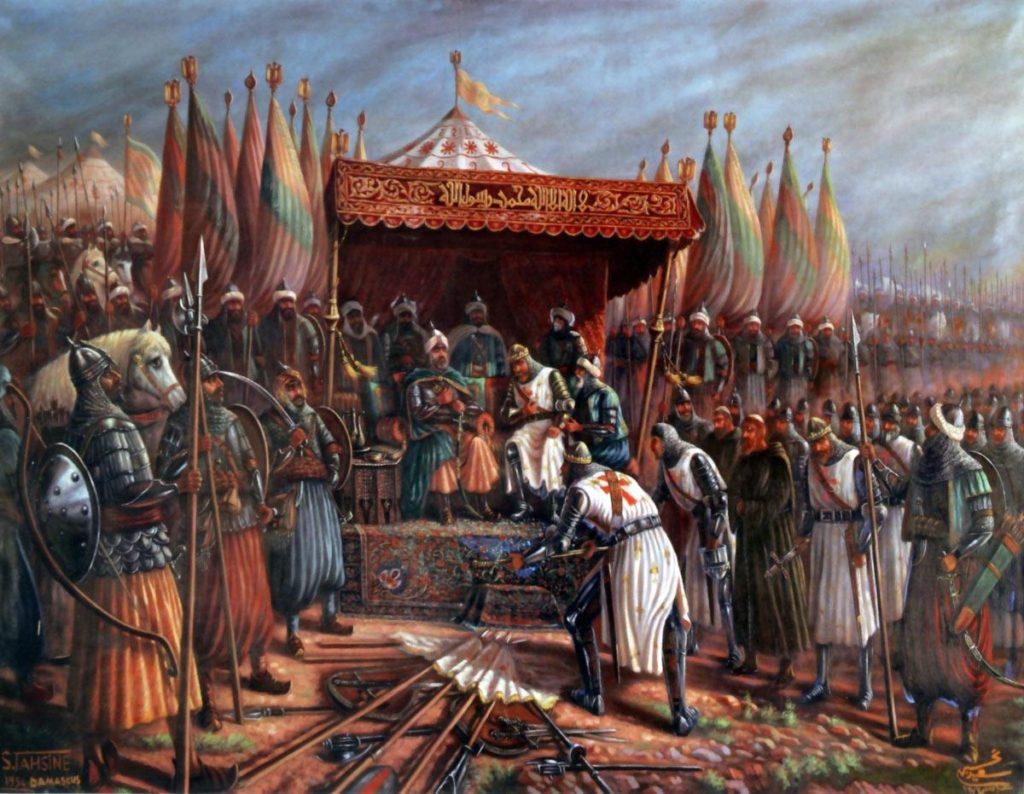
Summer of 1188
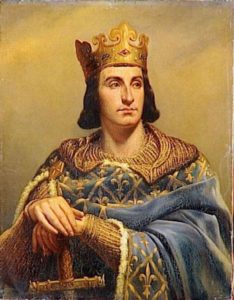
6 July 1189
He had suffered a series of humiliating defeats at the hands of King Philippe and Prince Richard.
3 September 1189
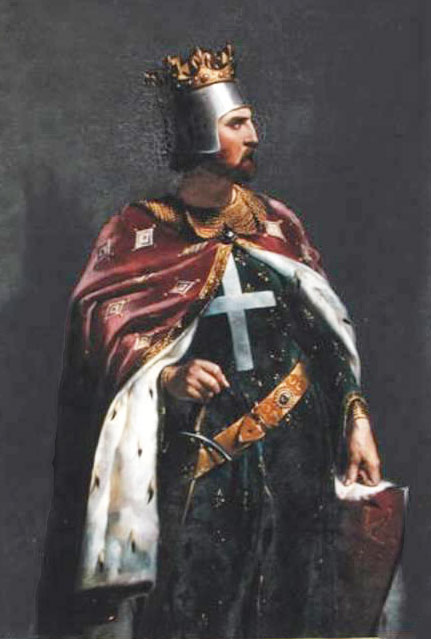
Summer 1190
12 May 1191
Richard’s marriage to Berengaria further strained his tenuous relationship with King Philippe, as Richard had been betrothed to Philippe’s half-sister.
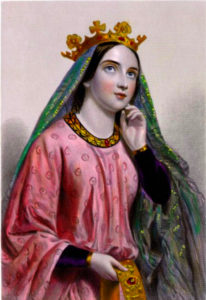
8 June 1191
King Philippe becomes very ill with dysentery.
July 1191
July 31: King Philippe leaves the Holy Land and returns to France. Richard worries that Philippe may try to take control of disputed lands.
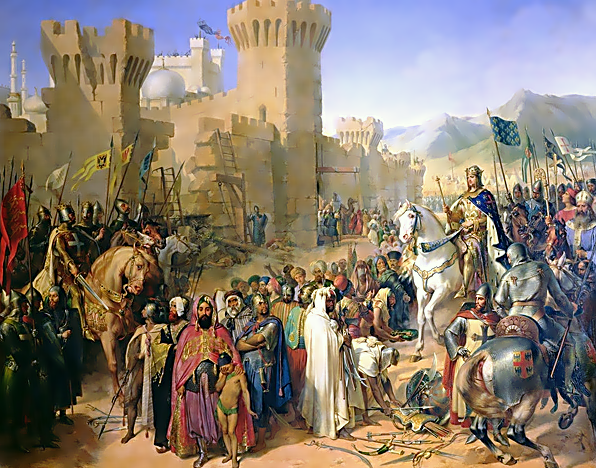
20 August 1191
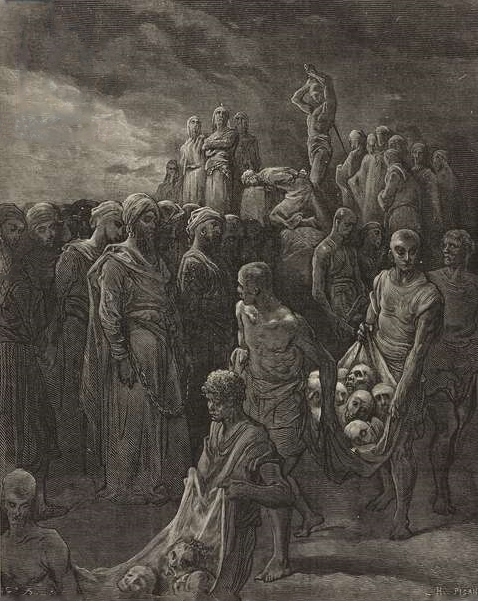
25 August 1191
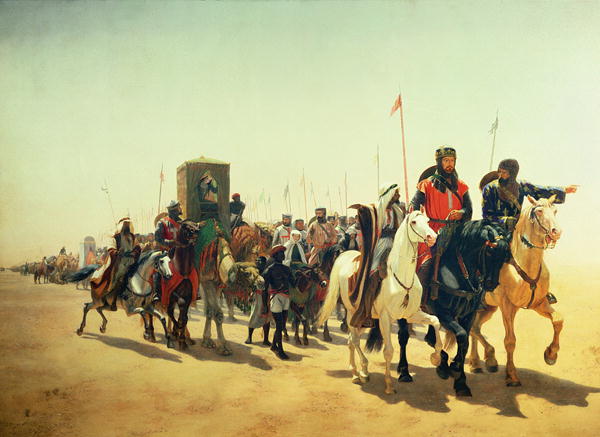
7 September 1191
They defeated Saladin’s forces and were able to continue their march south towards Jerusalem.
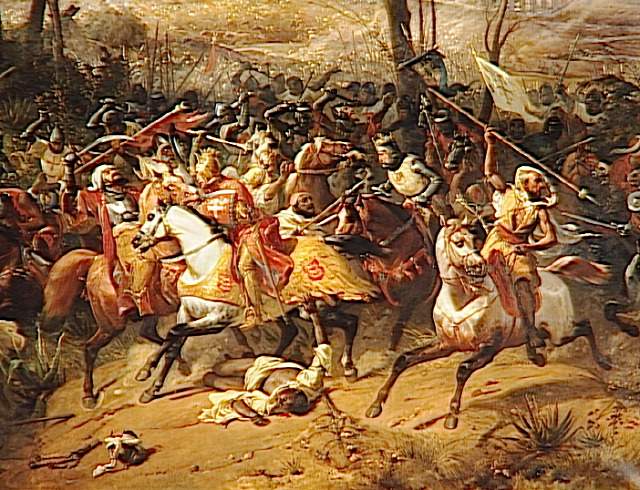
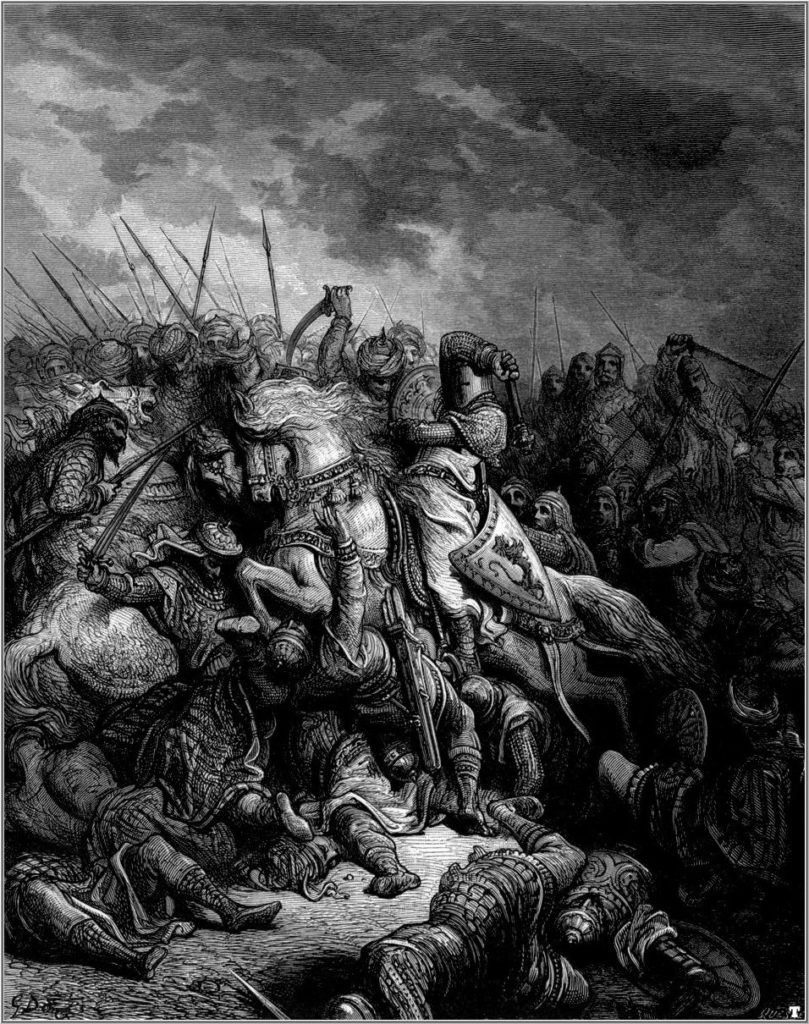
13 January 1192
Meanwhile, back in France, Philippe tries to trick the Norman barons into surrendering their lands to him while Richard is in the Holy Land.
20 February 1192
These disputes between the Pisans and Genoans are symptomatic of the larger tensions building between Richard’s men and the forces loyal to Philippe.
July - August 1192
In July, Saladin attacks Jaffa, and the Battle of Jaffa reveals that the two sides are exhausted and ready to end the war.
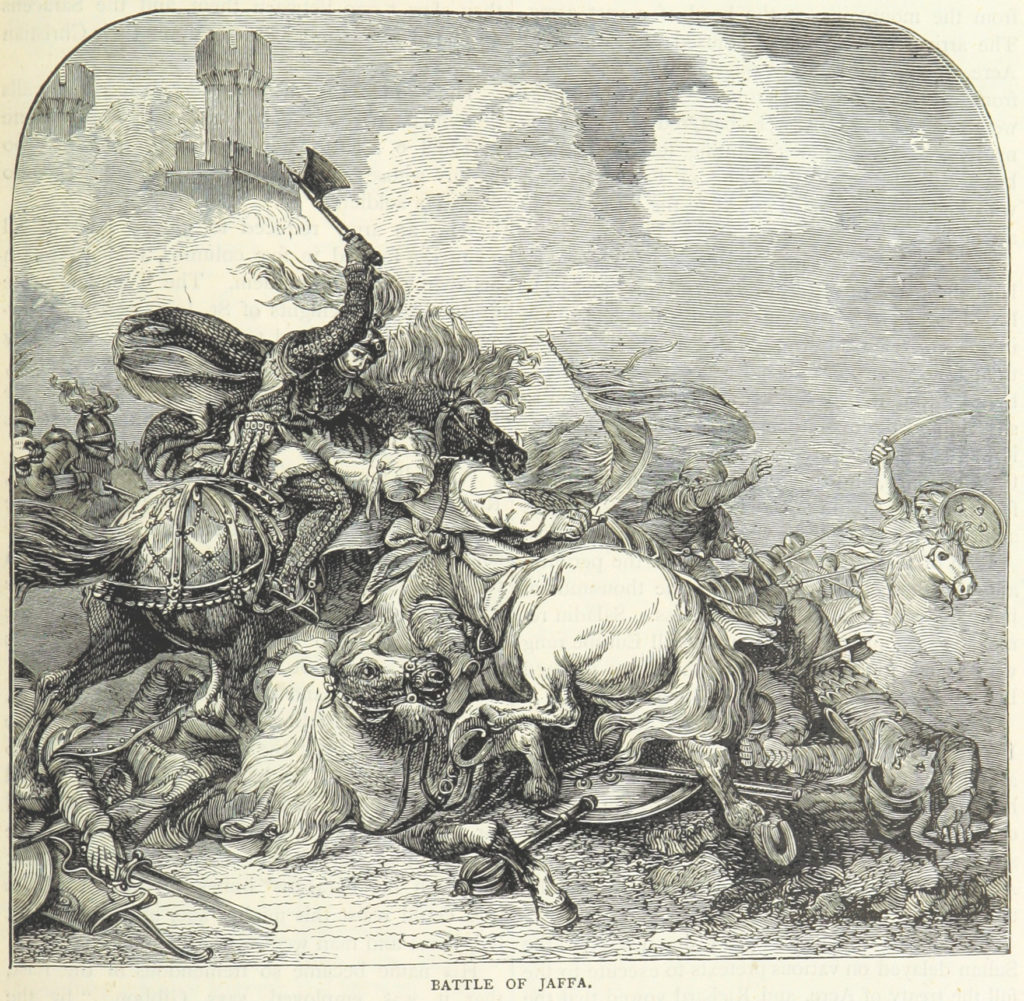
2 September 1192
The end of the Third Crusade was a three year truce which gave safe passage to pilgrims.
9 October 1192
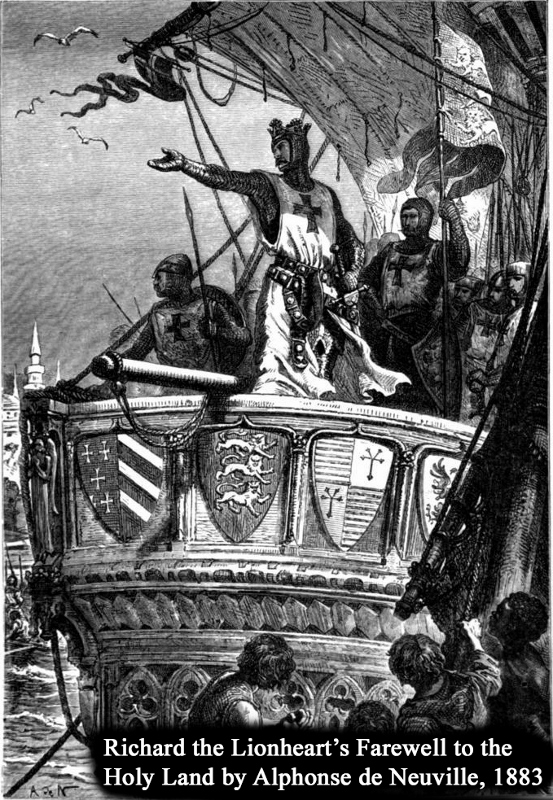
October, November, December 1192
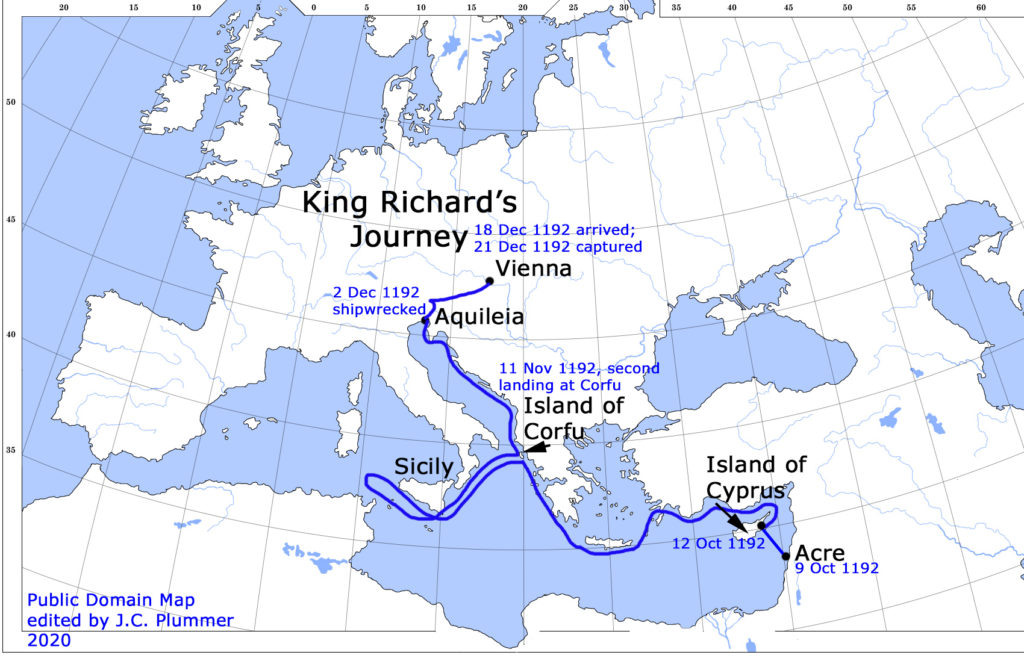
21 December 1192
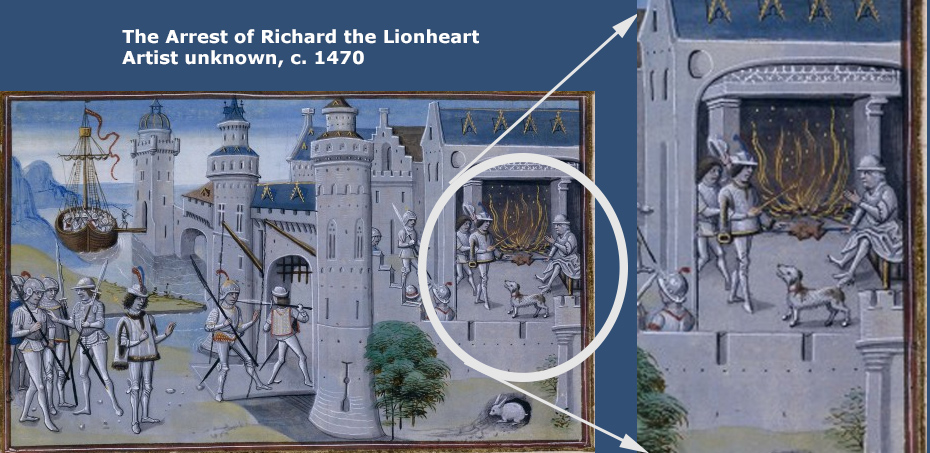
22 March 1193
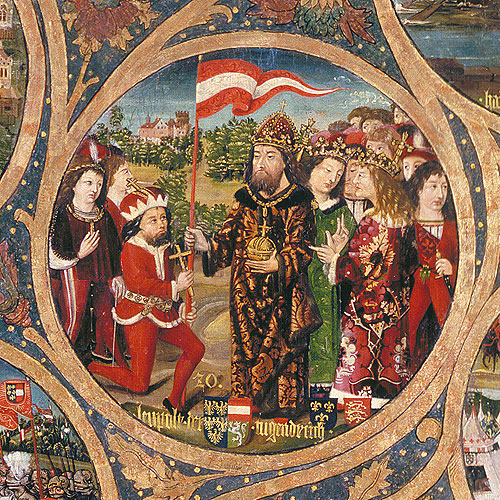
January 1194
4 February 1194
13 March 1194
25-28 March 1194
29 March 1194
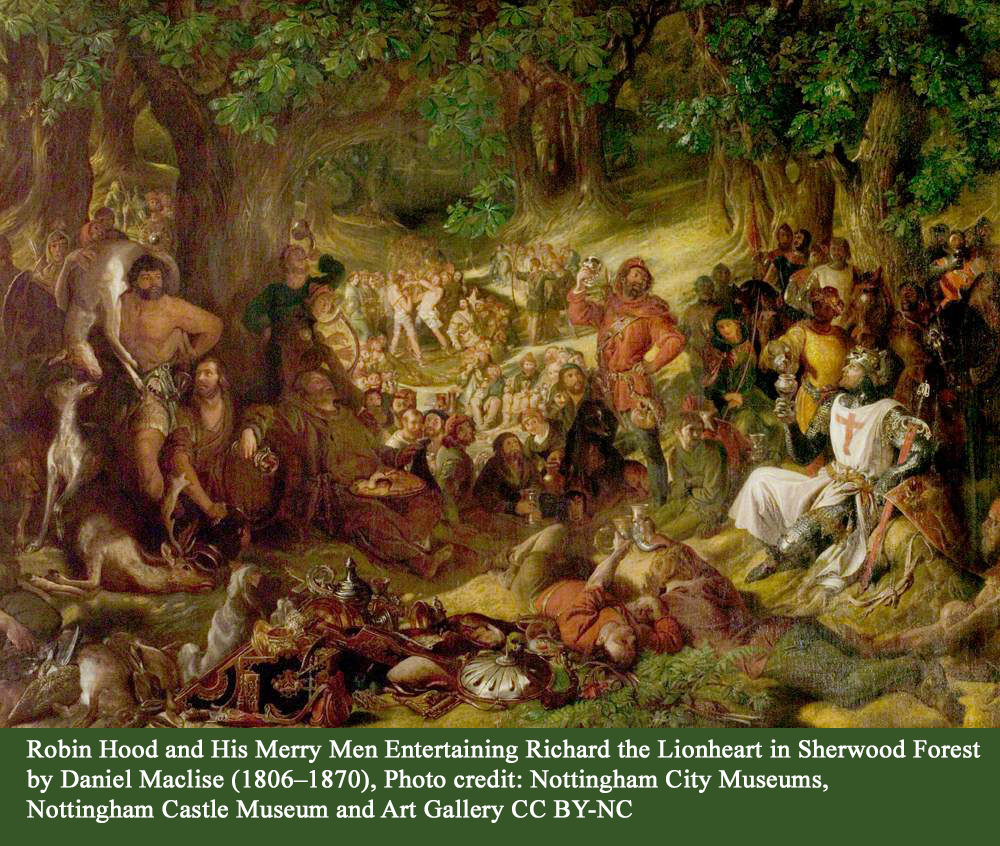
17 April 1194
12 May 1194
19 May 1194
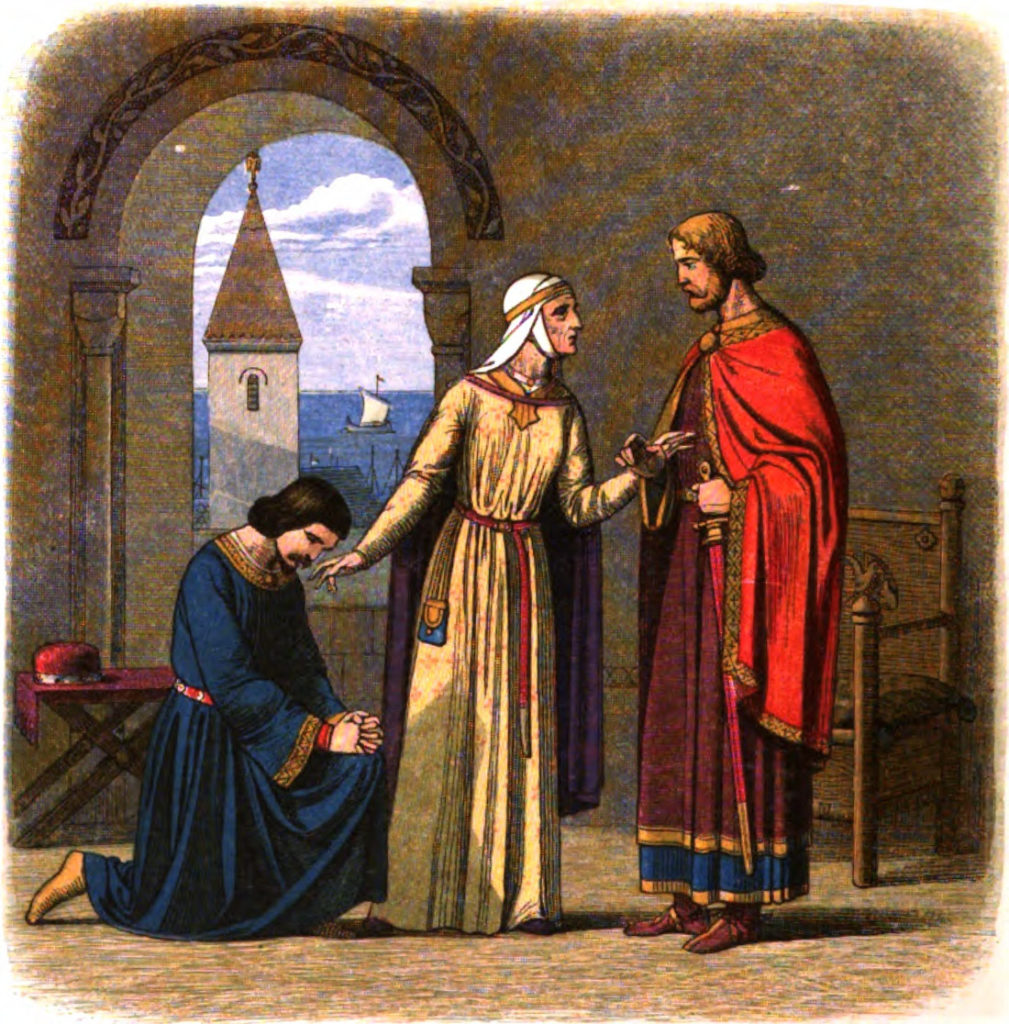
8 September 1197
6 April 1199
On March 25, he was wounded in the shoulder by a crossbow bolt, believed to have been accidently fired at the king. The wound became gangrenous, and Richard died on April 6, in his mother’s arms.
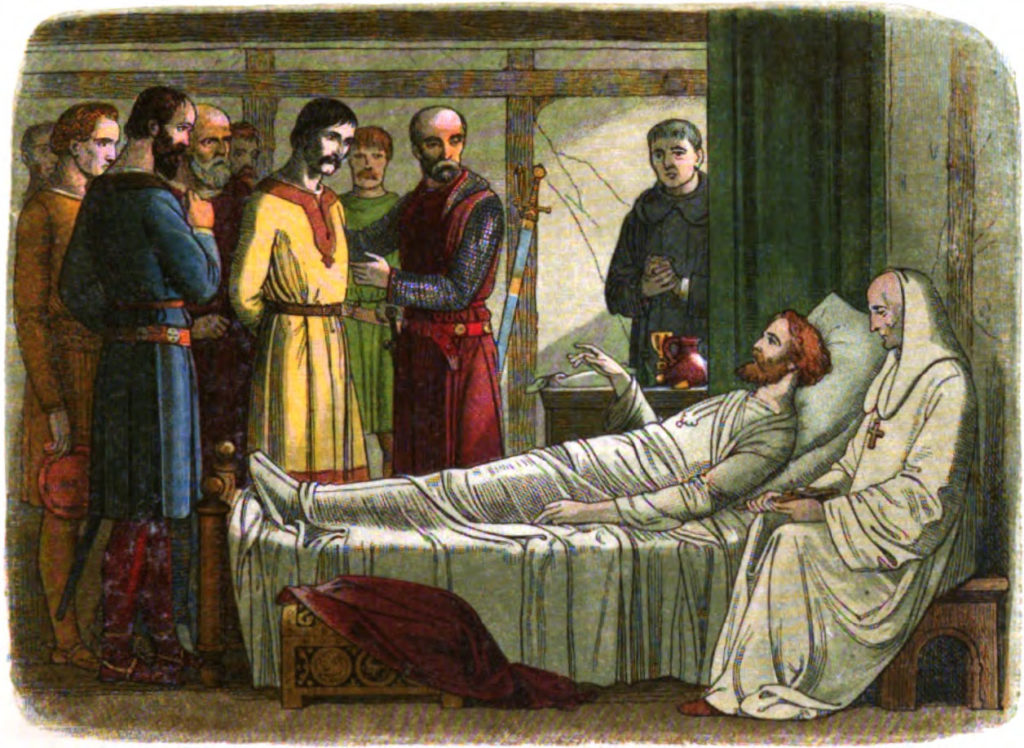
May 1200
In reality, it strengthened Philippe’s position and only lasted two years.
1202-1204
In April of 1204, Eleanor died and the Duchy of Aquitaine passed to John.
By August of 1204, Philippe had taken Normandy and occupied Anjou and Poitou. All of John’s continental lands were under Philippe’s control except for Aquitaine.
John would devote the next ten years to fortifying England against attack and preparing battle plans to retake Normandy and the Angevin lands.
27 July 1214
England’s Angevin Empire ended.
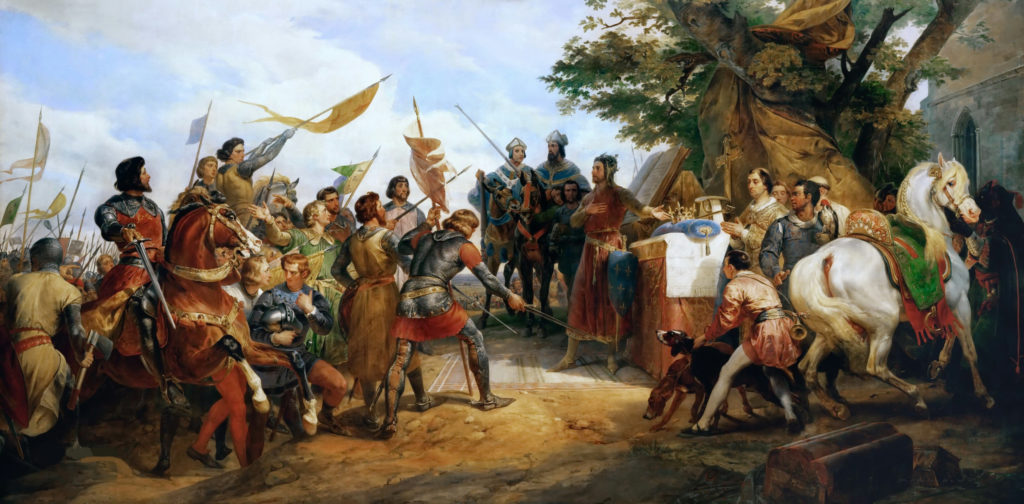
15 June 1215
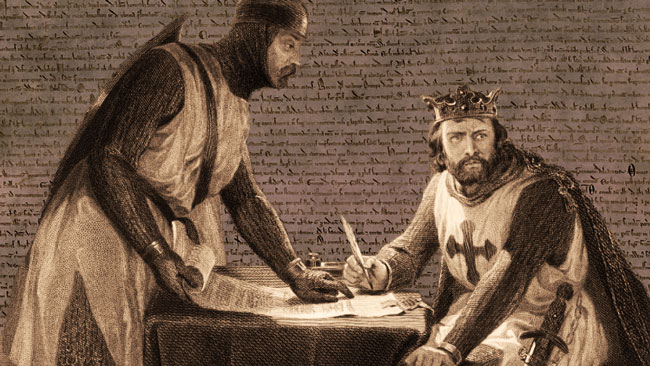
19 October 1216
The House of Plantagenet would continue to rule England until 1485.
